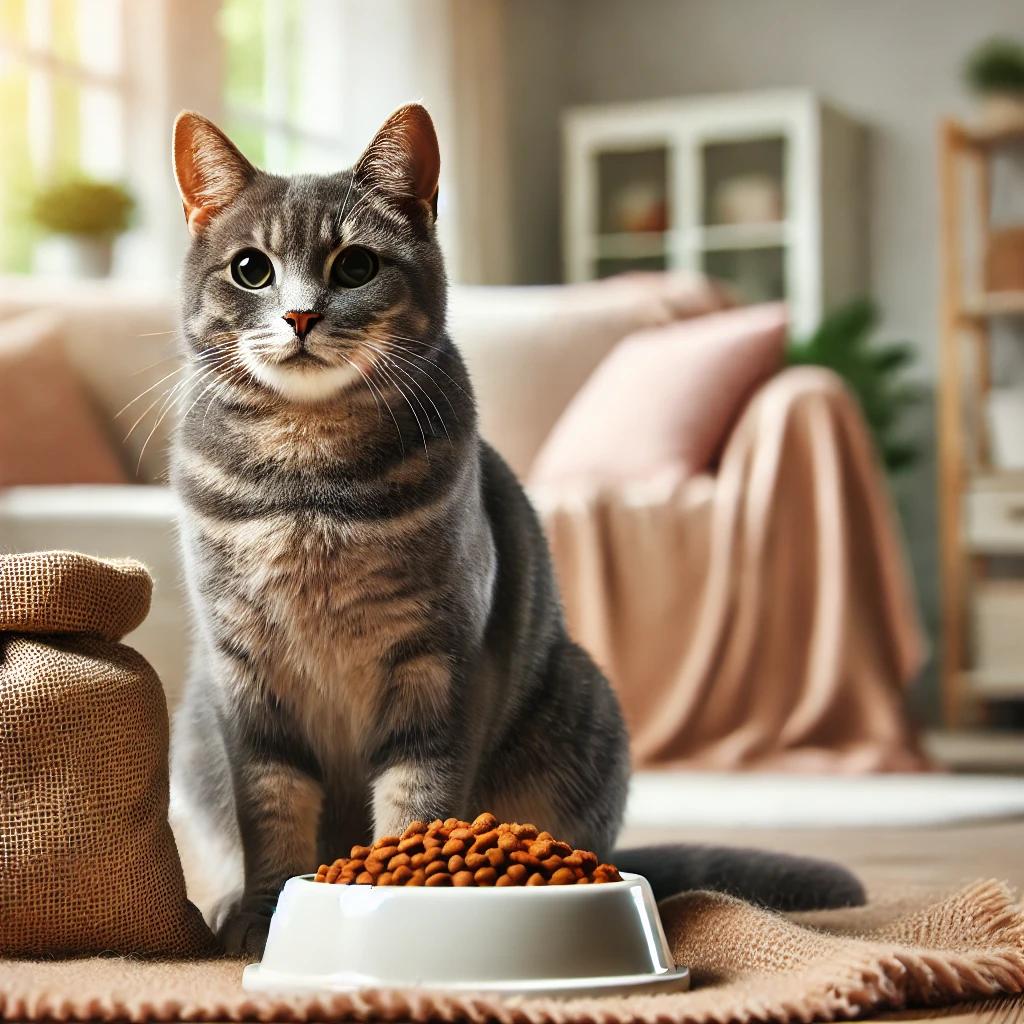Cats are known for being selective eaters, but when a cat is diagnosed with cancer, nutrition becomes even more critical to their overall health and well-being. A proper diet can help boost your cat's immune system, provide energy, and maintain body weight during treatment. While there isn't a one-size-fits-all diet for cats with cancer, following certain nutritional guidelines can ensure your cat receives the essential nutrients they need.
1. Prioritize High-Quality Protein
Cats are obligate carnivores, meaning they require a diet rich in animal protein. For cats with cancer, high-quality protein sources such as fish, chicken, or turkey should form the foundation of their diet. Protein helps maintain muscle mass and provides the energy needed to fight the disease.
2. Low Carbohydrates and High Fat
Cancer cells thrive on carbohydrates, so it's essential to reduce the amount of carbs in your cat’s diet. Instead, focus on a high-fat diet. Healthy fats, such as omega-3 fatty acids from fish oil, support immune function and reduce inflammation. A diet with balanced fats and low carbohydrates can help slow the growth of cancer cells.
3. Include Antioxidant-Rich Foods
Antioxidants help protect cells from oxidative damage and support the immune system. Foods that are high in antioxidants, such as blueberries and leafy greens, can be beneficial additions to your cat’s diet. However, it's important to consult with your veterinarian before introducing any new foods.
4. Small, Frequent Meals
Cats undergoing cancer treatment may experience a loss of appetite. Offering small, frequent meals can make eating less overwhelming for them. It’s also important to keep their food appealing, as a cat’s sense of taste and smell can diminish during illness.
5. Consult Your Veterinarian for Supplements
Certain supplements, like omega-3 fatty acids, probiotics, or vitamins, can enhance your cat’s health and provide additional support during cancer treatment. However, always consult your veterinarian before adding supplements to your cat’s diet to ensure they’re appropriate.
6. Stay Hydrated
Cancer treatments can cause dehydration in cats, making it essential to ensure your cat stays hydrated. Wet food is a good option for cats with cancer as it provides both hydration and nutrition. You can also offer fresh water regularly or consider adding a small amount of low-sodium broth to their food.
Feeding a cat with cancer can be challenging, but focusing on high-quality protein, reducing carbohydrates, and incorporating healthy fats can support your cat’s overall health. Offering antioxidant-rich foods, small frequent meals, and ensuring proper hydration will also help during treatment. Always work closely with your veterinarian to tailor a diet that best meets your cat’s specific needs.

